
Oli’s Denial of Age and Reality Reflects Nepal’s Political Stagnation
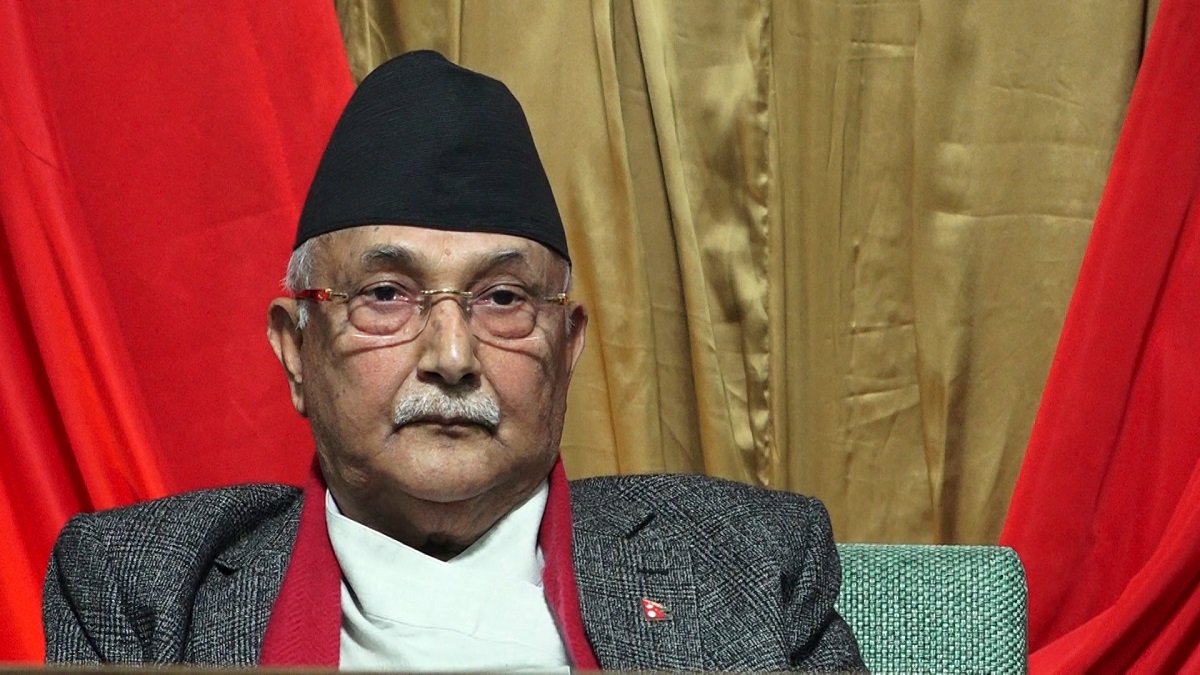
Age often brings wisdom, but in the case of some politicians, it seems to breed a disconnect from reality. The recent assertions by CPN-UML Chairman KP Sharma Oli regarding his supposed youthful vigor and unwavering control over the party reflect a troubling trend in Nepali politics—one marked by a refusal to gracefully transition power and an unhealthy fixation on personal authority.
Oli’s declaration that he is “getting younger by the day” and his boast about his hair turning black are not just harmless remarks; they reveal a deep-seated denialism and insecurity. Instead of acknowledging the need for renewal and fresh leadership within the party, Oli appears determined to cling to power at all costs, even resorting to juvenile boasts to assert his dominance.
The departure of senior leaders like Madhav Kumar Nepal and Jhala Nath Khanal from the UML ranks following the party’s split in 2021 has left Oli as the uncontested leader, but it has also turned the party into a one-man show. Oli’s relentless grip on power, coupled with his constant paranoia about challengers, underscores a profound fear of losing control—a fear that only serves to undermine the party’s democratic ideals.
This fixation on personal power is not unique to Oli; it pervades Nepali politics at large. Leaders across the political spectrum, from Sher Bahadur Deuba of the Nepali Congress to Pushpa Kamal Dahal of the Maoist Centre, seem intent on consolidating their authority and perpetuating their rule indefinitely. Such behavior not only stifles internal dissent but also alienates the public, who are increasingly disillusioned with the lack of meaningful change.
The public’s growing cynicism towards political leaders is justified, particularly in the face of efforts to build personality cults around figures like Dahal and Oli. These leaders, buoyed by a false sense of invincibility, act as though they alone control the country’s destiny. Yet, they fail to recognize that their power is fleeting and contingent upon the will of the people.
Nepal’s political landscape is in dire need of rejuvenation—a shift towards a more inclusive and participatory system that prioritizes the interests of the people over the ambitions of a select few. The perpetuation of entrenched power structures and the elevation of individual leaders above the collective good only serve to further entrench the status quo and impede progress.
It is time for Nepal’s political elite to heed the calls for change and embrace a more democratic and transparent approach to governance. The era of self-serving politicians clinging desperately to power must come to an end if Nepal is to realize its full potential as a vibrant and inclusive democracy. As Oli and his counterparts continue to cling to the past, the people of Nepal demand a future that is defined by progress, not stagnation.
- President Paudel Emphasizes Support for Small and Cottage Industries at Trade Fair
- Additional postal service will be gradually phased out: Minister Sharma
- Govt ignoring major opposition’s concern: Chief Whip Lekhak
- Former Finance Minister Emphasizes Need for Stronger Regulation in Cooperative Sector


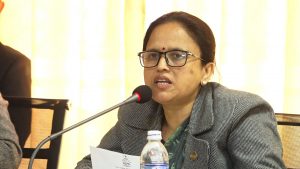
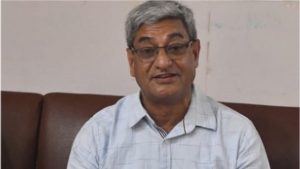
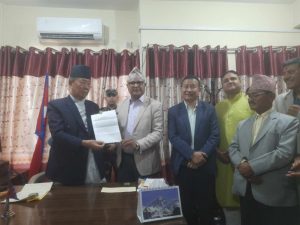
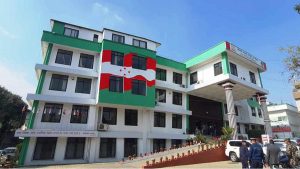

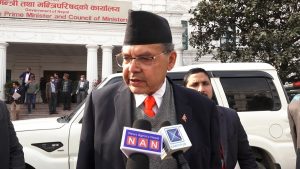



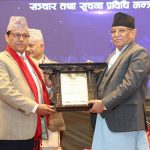

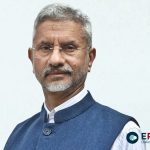
Comments